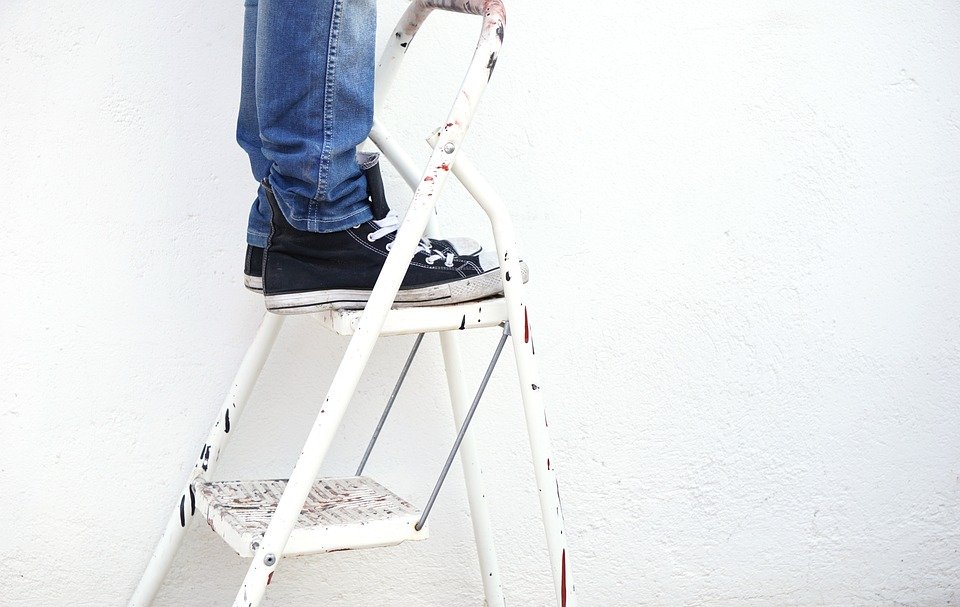Travel Plan: 10-Day Busan Traditional Markets
Direction: This itinerary is designed to give visitors a comprehensive experience of Busan’s traditional markets. From delicious street food to handcrafted souvenirs, this travel plan will cover all the must-visit markets in Busan.
Day 1:
– Arrive at Busan’s Gimhae International Airport (approximate taxi fare: 20,000 KRW).
– Check-in at Busan Jang Motel, located near the Jagalchi Market (average room rate: 70,000 KRW/night).
– Visit the Jagalchi Market, the largest seafood market in Korea. Try the famous raw octopus dish (approximate food expense: 15,000 KRW).
– Take a bus (approximate travel time: 30 minutes) to Gukje Market, one of Busan’s oldest traditional markets. Shop for clothes, bags and souvenirs (approximate shopping expense: 50,000 KRW).
Day 2:
– Visit the Bupyeong Market, famous for its food street with a wide variety of Korean dishes (approximate food expense: 20,000 KRW).
– Take a bus (approximate travel time: 20 minutes) to the Kkangtong Market, a local market famous for its street food. Try the rice cake skewer (approximate food expense: 4,000 KRW).
Day 3:
– Take a bus (approximate travel time: 30 minutes) to the Sasang Market, the largest traditional market in Busan. Shop for clothes and shoes and try the famous fish cake soup (approximate expense: 6,000 KRW).
– Walk to the Busan Wholesale Market, one of the largest fruit and vegetable markets in Korea. Shop for fresh produce (approximate shopping expense: 30,000 KRW).
Day 4:
– Take a bus (approximate travel time: 1 hour) to the Tongdosa temple, one of the three major temples in Korea. Enjoy the tranquil atmosphere and explore the temple (approximate entrance fee: 3,000 KRW).
– Take a bus (approximate travel time: 30 minutes) to the Gyeongju Market, a traditional market known for its Korean pancakes (approximate food expense: 6,000 KRW).
Day 5:
– Take a bus (approximate travel time: 1 hour) to the Changwon Jin Market, one of the biggest traditional markets in the region. Taste the famous Changwon Saeu-tang (shrimp soup) (approximate food expense: 8,000 KRW).
– Visit the Jinju Namgang Yudeung Festival, a traditional lantern festival held every October.
Day 6:
– Take a bus (approximate travel time: 1 hour) to the Tongyeong Jungang Market. Known as the “Florence of Korea,” Tongyeong is famous for its seafood and handicrafts (approximate food expense: 15,000 KRW, approximate shopping expense: 50,000 KRW).
– Take a ferry (approximate travel time: 30 minutes) to the beautiful Jeju Island.
Day 7:
– Visit the Jeju Traditional 5-Day Market, where you can find local specialties such as black pork and Jeju oranges (approximate shopping expense: 30,000 KRW).
– Take a bus (approximate travel time: 30 minutes) to Yakcheonsa Temple, the largest Buddhist temple on Jeju Island. Admire the beautiful architecture and get some inner peace (free admission).
– Take a taxi (approximate fare: 15,000 KRW) to the Seogwipo Maeil Olle Market, a daily street market selling Korean souvenirs and exotic street food (approximate food expense: 15,000 KRW).
Day 8:
– Visit the Seongsan Ilchulbong Peak, a UNESCO World Heritage Site known for its sunrise views (approximate entrance fee: 5,000 KRW).
– Take a bus (approximate travel time: 1 hour) to the Jeju Dongmun Traditional Market, the largest traditional market on Jeju Island (approximate shopping expense: 50,000 KRW).
– Take a bus (approximate travel time: 1 hour) to the Jeju city center, to explore the nightlife.
Day 9:
– Take a ferry (approximate travel time: 1 hour) back to Busan.
– Visit the busy BIFF Square, known for its landmark Busan International Film Festival (approximate shopping expense: 30,000 KRW).
– Try Gamcheon Culture Village, a colorful and charming hillside village (free admission).
Day 10:
– Visit the Taejongdae Resort Park, a natural park overlooking the sea (approximate entrance fee: 2,000 KRW).
– Take a taxi (approximate fare: 20,000 KRW) to Dadaepo Beach, the largest in Busan. Enjoy the sun, the sand and the sea (free admission).
FAQs:
Q: What should I bring with me while visiting traditional markets in Busan?
A: Comfortable shoes, sunscreen, a hat, and an appetite to try new food and shop for souvenirs.
Q: Where can I find affordable accommodation near Busan traditional markets?
A: There are many affordable guesthouses and motels near traditional markets in Busan. Busan Jang Motel, located near the Jagalchi Market, is a decent option.
Q: Is public transportation accessible in Busan?
A: Busan has an extensive public transportation system, including buses and subways, making it easy to get around the city.
Q: Can I use my credit card at traditional markets in Busan?
A: Many shops and restaurants in Busan only accept cash, so it is recommended that you carry cash while visiting traditional markets.
Q: Are there any cultural norms I should be aware of when visiting traditional markets in Busan?
A: It is polite to greet vendors with a smile and a bow. Haggling is also common in traditional markets, but make sure to be respectful when negotiating prices.



